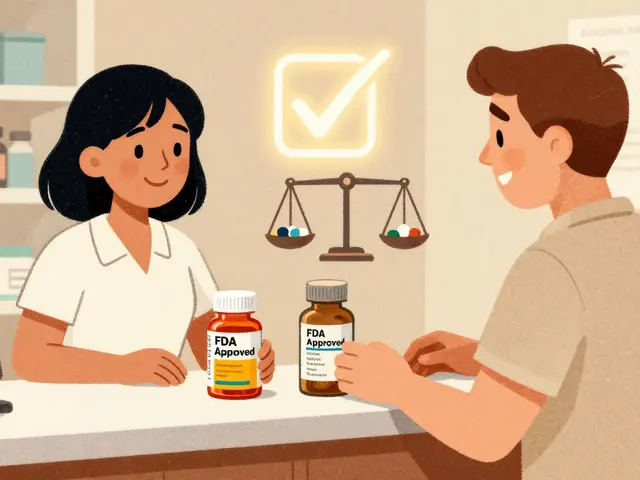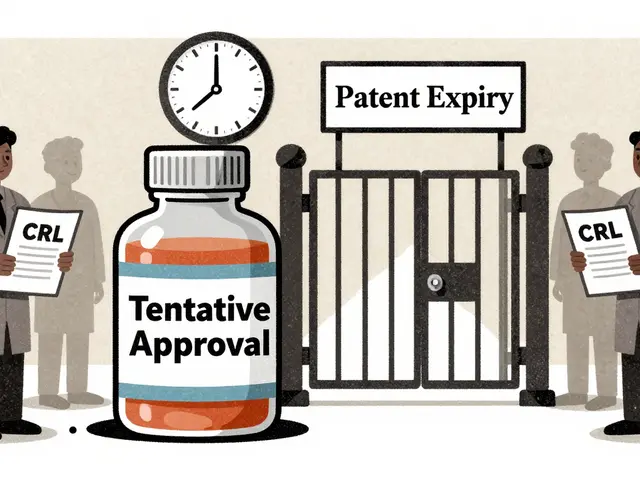Antiviral Medication: What You Need to Know
Antiviral medication fights viruses, not bacteria. That means they won’t help with most common bacterial infections. Common antivirals you might hear about include acyclovir and valacyclovir for herpes, oseltamivir for flu, and newer drugs used in hospitals for severe viral infections. Knowing when and how to use them makes treatment faster and safer.
When to take antivirals
Timing matters. For influenza, antivirals work best if started within 48 hours of symptoms. For herpes outbreaks, starting early can shorten the episode and pain. Some antivirals are given as long-term prevention in people with frequent outbreaks or weakened immune systems. Your doctor will decide the best timing and dose based on your age, kidney function, and the specific virus.
Antivirals don’t cure every viral infection. For many viruses, your immune system does the heavy lifting. Antivirals help in specific cases: when the virus is dangerous, when symptoms are severe, or when early treatment reduces complications.
Safety, side effects, and resistance
Side effects differ by drug. Many antivirals cause nausea, headache, or mild upset stomach. Some need dose changes for kidney problems. Interactions with other drugs are common — tell your doctor about all medicines and supplements you take. If you notice severe side effects like rash, breathing trouble, or sudden confusion, get medical help right away.
Resistance can develop if antivirals are used incorrectly or too often. That’s why following the exact dose and length your doctor gives matters. Never stop or change the dose on your own. In some cases, labs can test whether a virus is resistant and your doctor may switch drugs.
Storage is simple for most antivirals: keep them in a cool, dry place unless the label says otherwise. Check expiry dates, and don’t use meds that look discolored or have changed smell or texture.
Antivirals are different from vaccines. Vaccines prevent infections by training the immune system. Antivirals treat active infections. When both are available — like for flu — prevention with vaccines plus early treatment when needed gives the best protection.
If you’re pregnant, breastfeeding, or have chronic conditions, talk to your clinician before taking antivirals. They’ll weigh risks and benefits and may recommend monitoring or dose adjustments.
Want tips on buying medication online? Read guides on Medipond that explain how to check pharmacy credentials, avoid fakes, and follow prescription rules. Your safest bet is a licensed pharmacy that asks for a prescription and has clear contact details. If a price looks too good to be true, it often is.
Got questions about a specific antiviral or need practical tips for a prescription? Browse our tag posts to find detailed guides, product reviews, and safe-buying advice tailored to real users and real situations.










